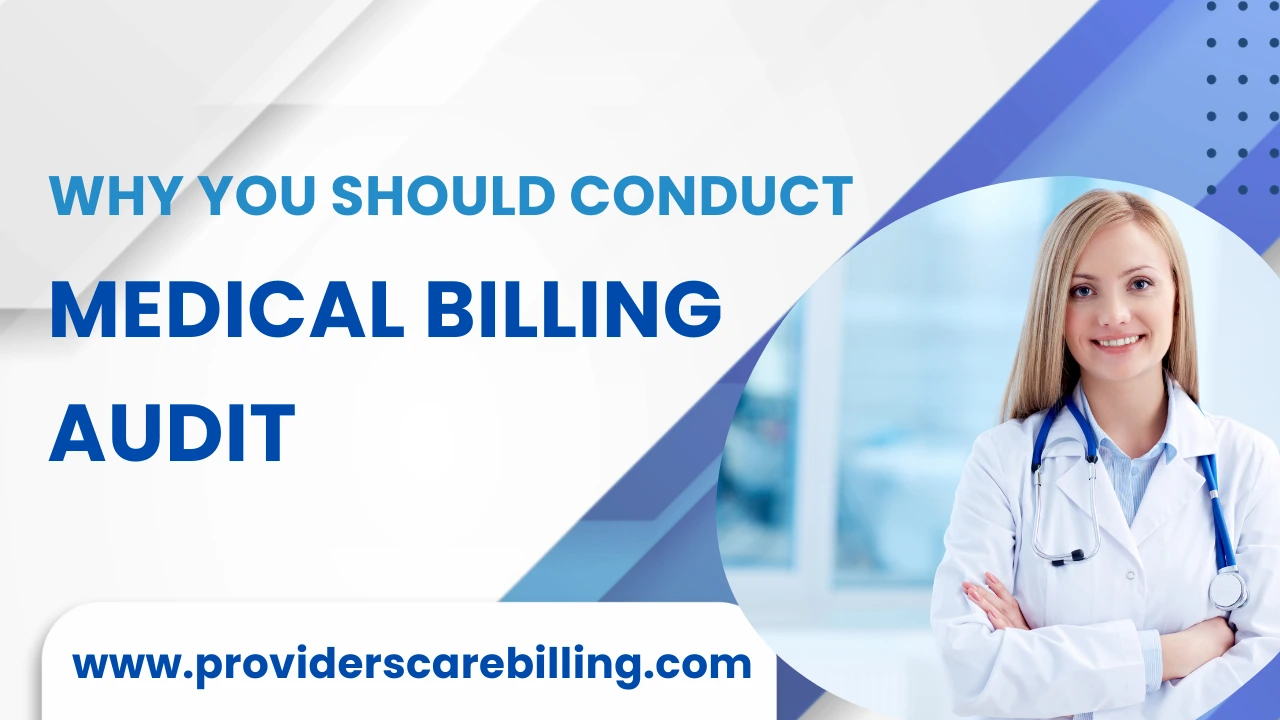A medical billing audit is a process that helps to ensure accuracy in medical billing and coding of medical procedures. The audit involves a review of the documentation associated with a patient’s treatment, as well as a comparison of the charges to the actual services rendered. In some cases, the audit may also include a review of the coding used to describe the services. Medical billing audits can be performed by insurers, government agencies, or third-party organizations, like medical billing companies. They can be conducted on an individual basis or as part of a larger review of a medical practice. When performed correctly, medical billing audits help to ensure that patients are being billed correctly for the care they receive.
How to Conduct a Medical Billing Audit
A medical billing audit is a process of reviewing and verifying the accuracy of medical billing records. It can be conducted by an external auditor or by an internal billing department. The purpose of a medical billing audit is to ensure that charges are accurate, documentation is complete, and billing practices are compliant with state and federal regulations. When conducting a medical billing audit, there are several key steps that should be followed.
First, request a copy of the medical provider’s current fee schedule. This will help to ensure that charges are in line with the provider’s usual and customary rates.
Next, review the medical records for each patient to verify that charges are accurate, and documentation is complete.
Finally, compare the medical provider’s billing practices to state and federal regulations to ensure compliance.
By following these steps, you can ensure that your medical billing audit is thorough and effective.
Why You Should Conduct a Medical Billing Audit
A medical billing audit should be conducted on a regular basis to ensure that you are getting paid correctly for the services you provide. There are a number of different ways to conduct an audit, but the most important thing is to be thorough and to keep good records. Here are a few reasons why you should consider conducting a medical billing audit:
1. To ensure that you are billing correctly for the services you provide.
2. To identify any errors in your billing process.
3. To make sure that you are getting paid for all the services you provide.
4. To ensure that your medical coding is up-to-date and accurate.
5. To keep your patients’ medical records accurate and up-to-date.
6. To improve your cash flow.
7. To reduce your accounts receivable.
8. To increase your collections rate.
9. To improve your chances of getting paid by insurance companies and other third-party payers. Regular audits can help you identify areas where you need to make changes in your billing process, and they can also help you recover lost revenue.
In addition, regular audits can help build and maintain good relationships with your insurance companies and other third-party payers.
Tips for Conducting a Successful Medical Billing Audit
1. Define your goals and objectives.
What are you looking to achieve with your medical billing audit? Do you want to identify areas of improvement in your medical billing process? Are you looking for ways to increase revenue or improve cash flow? Be clear about what you want to accomplish so that you can make the most of your audit.
2. Know your data.
Before you start your audit, gather all of the data you need to make informed decisions. This data should include information on your claims, payments, and denials. You should also have a good understanding of your coding system and how it impacts your reimbursement.
3. Understand the basics of auditing.
If this is your first time conducting a medical billing audit, it’s important to have a solid understanding of the basics. There are many different types of audits, but in general, you’ll want to focus on two main areas: compliance and process.
4. Make a plan.
Once you know what you want to accomplish and have gathered all of the necessary data, it’s time to make a plan. This plan should include who will be conducting the audit, how often it will take place, and what specific areas you will be auditing.
5. Conduct a self-audit first.
If possible, start by conducting a self-audit. This will help you identify any areas that need improvement before bringing in an outside auditor.
6. Hire an expert.
Once you’ve conducted a self-audit and have a good understanding of the areas you need to improve, it’s time to hire an expert. Look for an auditor with experience in medical billing and coding.
7. Set up a meeting.
Before the audit begins, set up a meeting with your auditor. This is a chance for you to go over your goals and objectives and make sure that everyone is on the same page.
8. Review the results.
After the audit is complete, review the results with your auditor. They should be able to identify any areas of improvement and make recommendations on how to fix them.
9. Implement changes.
Based on the results of the audit, make changes to your medical billing process. These changes should help you improve revenue, cash flow, and compliance.
10. Monitor your progress.
After you’ve made changes to your medical billing process, monitor your progress to make sure that the changes are having the desired effect. This will help you fine-tune your process and ensure that you continue to see improvement over time.
Where to get a Medical Billing Audit?
Getting a medical billing audit can be a daunting task, but it doesn’t have to be. Providers Care Billing LLC offers a variety of audit services that can help you identify and correct billing errors. We have a team of experienced auditors who will work with you to identify the root cause of the problem and develop a plan to fix it. In addition, we offer a 100% satisfaction guarantee, so you can be sure that you’re getting the best possible service. With our help, you can get your medical billing back on track and avoid costly mistakes in the future.




